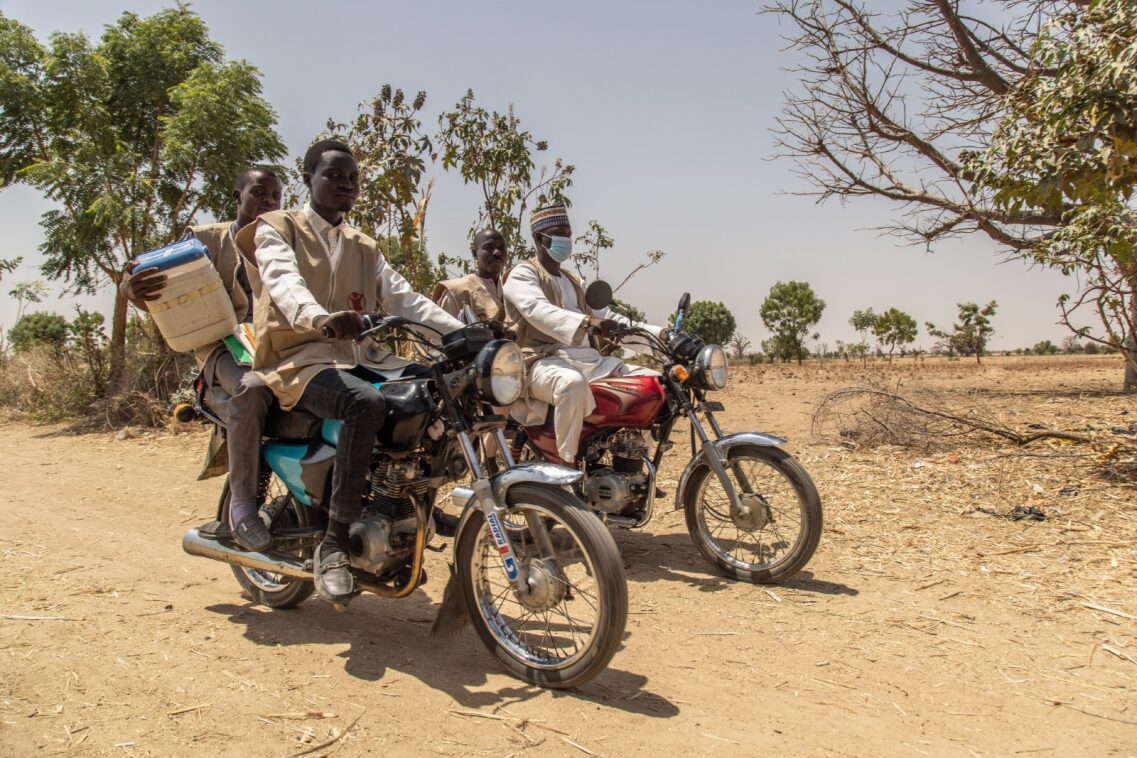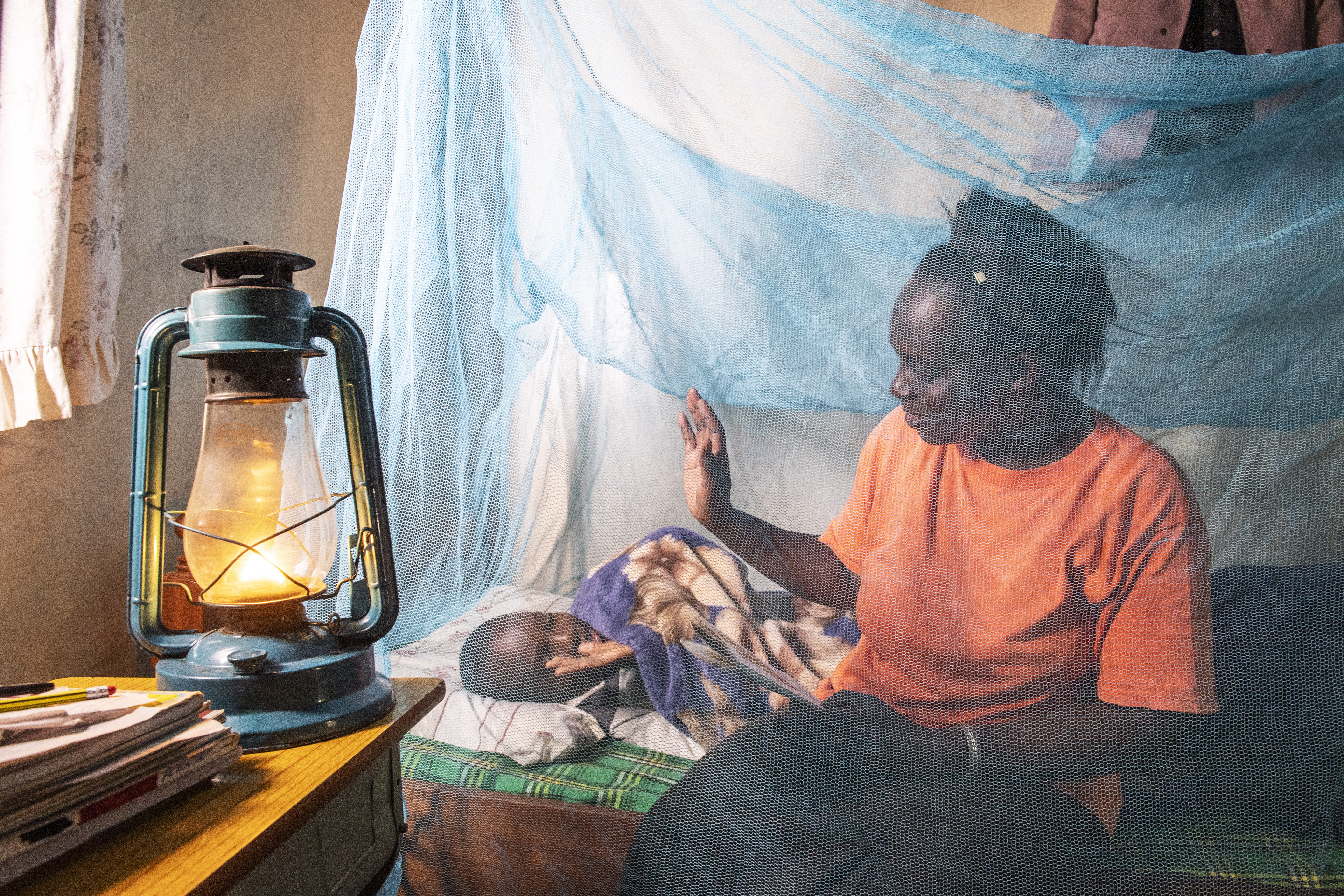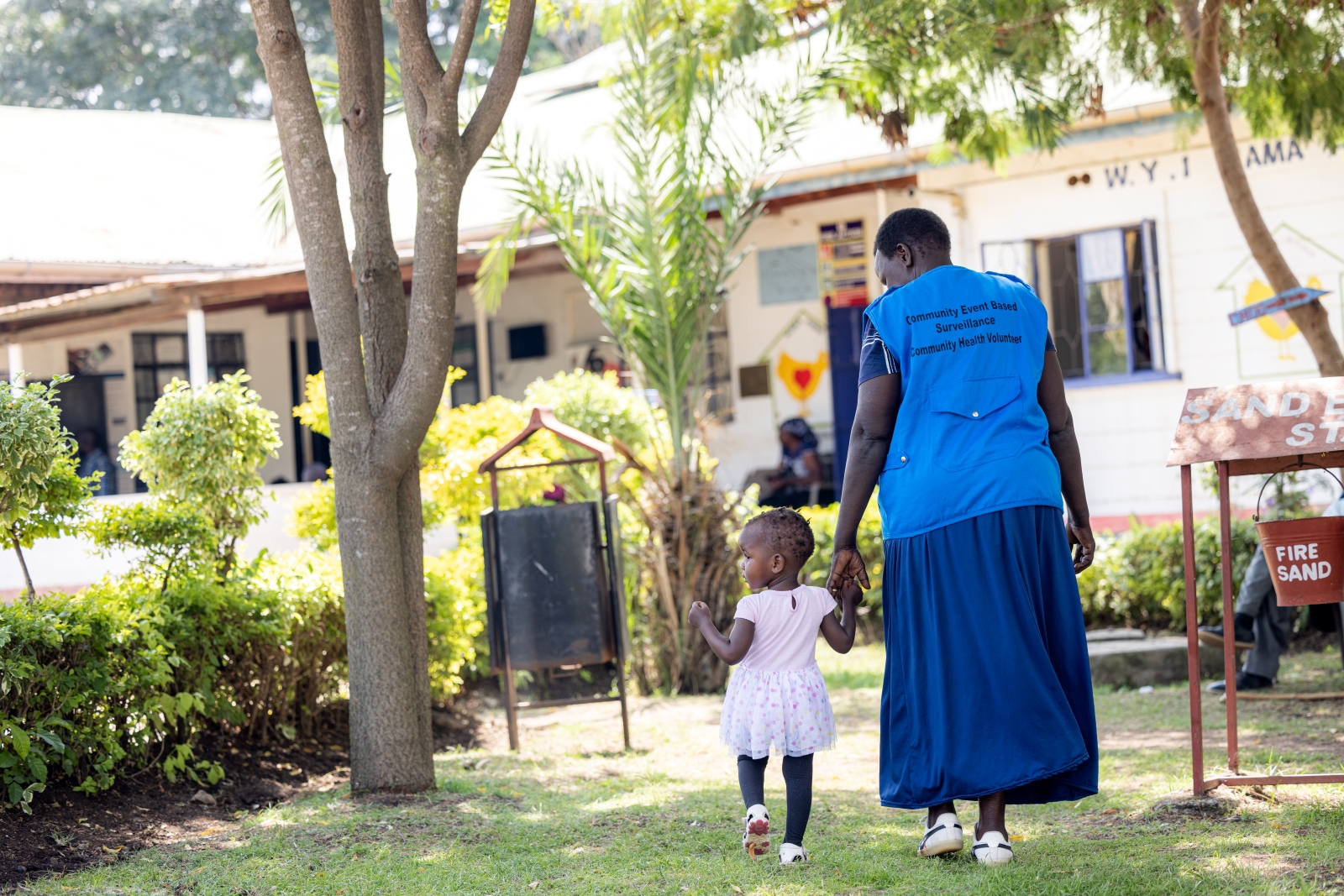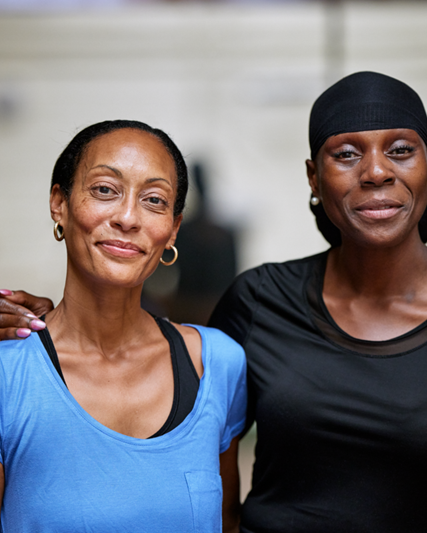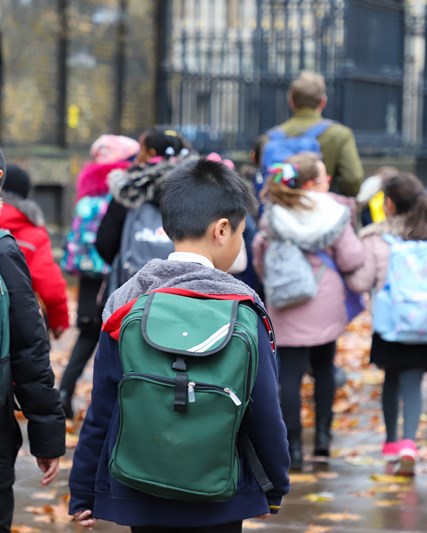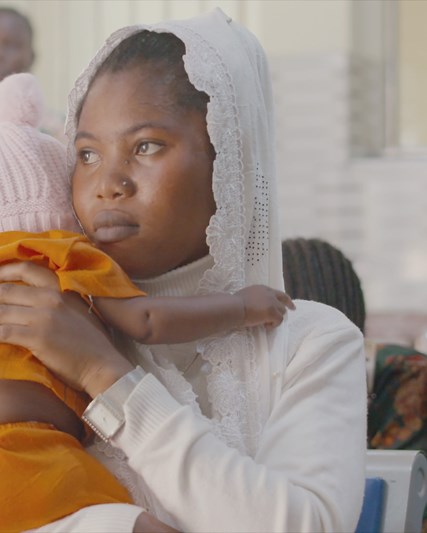No child should ever suffer from a vaccine preventable disease, yet millions of children around the world are classed as ‘zero dose’ – having never received a routine vaccination. Here, Save the Children’s Dr Tewodros Gebremichael shares why, together with partners GSK, they are challenging local innovators to help find urgent solutions.
In my role as Regional Child Survival Technical Advisor, I advise how programmes in East and Southern Africa can best meet the needs of children, with a special focus on prevention and protection using high impact, low-cost interventions such as vaccination.
The continent of Africa has the highest number of ‘zero dose’ children in the world: 8.7 million children, according to the World Health Organization, which is almost as large as the entire population of London. More than a third of these children live in Nigeria and Ethiopia, where the combined impacts of the pandemic, poverty, climate change, instability and conflict are disrupting vaccination campaigns.
I’ve seen firsthand how vaccination reduces child mortality from and how effective vaccination campaigns are at curbing disease outbreaks. When accessible, the impacts are far-reaching and can change lives. They’re also one of the most cost-effective interventions: by improving public health, we in turn boost a country’s economy by raising productivity levels and resilience.
The partnership between Save the Children and GSK has been transformative in improving the immunisation programs’ capacity to deliver equitable and responsive vaccination services in two of the most marginalised areas of Ethiopia (Somali Region) and Northern Nigeria (Jigawa) with conscious effort to empower local resources. And it’s always been clear to me that working with innovators based in each country to help find solutions is vital to this mission because they can offer unparalleled insights at a local level. We know the chances of a successful vaccination campaign rollout are much higher as a result.
Take Asli’s* story for example. She’s a mother of seven children in the Degehabur district, Somali Region of Ethiopia. In 2014, before vaccination programs had reached her rural enclave, she tragically lost three of her young children – two to diarrhoea and one to measles.
“We didn’t have vaccinations – there was no one to help them,” she tells us.
“Before we had vaccinations, I used to worry about giving my children milk, food and water.”
Thanks to collaborations with local actors, immunisation programs are now underway where Asli lives – a move that has brought her family great relief:
“Now I feel happier for my children and I see the new, better health on their faces.”
Getting vaccines to people that need them might seem like a simple act, but there’s an extensive chain of innovation and supply that goes into setting up the programs that benefit families like Asli’s. Following the research and development of a vaccine, it needs to be integrated into the health system. It then needs to be purchased and distributed, often while being kept in accordance with strict temperature requirements, before it can finally be given to a child. It takes time, considerable resources and huge effort to deliver equitable vaccination services long term.
And then there are other barriers to access. In Ethiopia, some of the challenges we experience with families getting their children vaccinated are misinformation, complacency, convenience and trust due to cultural and religious beliefs – sometimes related to the health system’s capacity to identify and address the reasons for such vaccine hesitancy.
Mothers have told me that being given basic information – such as when to return for the next jab, what to expect following a jab (for example, a mild fever), and where and when to go for the jabs – has contributed to their ability to continuously access vaccination services. This demonstrates how providing accurate health information has shifted mindsets.
Now, more children are protected than ever before. Since Save the Children and GSK first came together in 2013, we have reached more than 3.5 million children. But there’s still a long way to go, and there are many potential solutions and innovations we are yet to explore.
That’s why Save the Children has launched the Immunisation Accelerator – a new initiative, funded by GSK, to empower local organisations in Ethiopia and Nigeria and fast-track cutting-edge solutions to tackle long-standing barriers that prevent children from receiving vaccinations. Save the Children wants to…
1. Bring a diverse range of innovators together
The Accelerator is open for applications from community-based organisations, national NGOs, local research teams, social enterprises and tech companies in
2. Ensure crucial innovations aren’t held back due to lack of funding
We are offering grants up to the value of $100,000 per project, alongside wrap-around support services, from technical guidance to legal advice and branding assistance, tailored to address the diverse needs of varying size companies and startups.
3. Meet an urgent need in the immunisation innovation ecosystem
While other initiatives primarily focus on vaccine procurement, distribution, and immunisation infrastructure strengthening, Save the Children’s Accelerator is designed to catalyse innovative solutions tailored to address specific, community-based barriers hindering immunisation, with a focus on zero-dose children and under-immunised children.
And where better to look for new innovators to partner with than local organisations who may have solutions but have thus far lacked the opportunity to pilot them.
We’re excited to see your ideas, and sharing those stories with you.
To find out more, visit www.stc-accelerator.org

